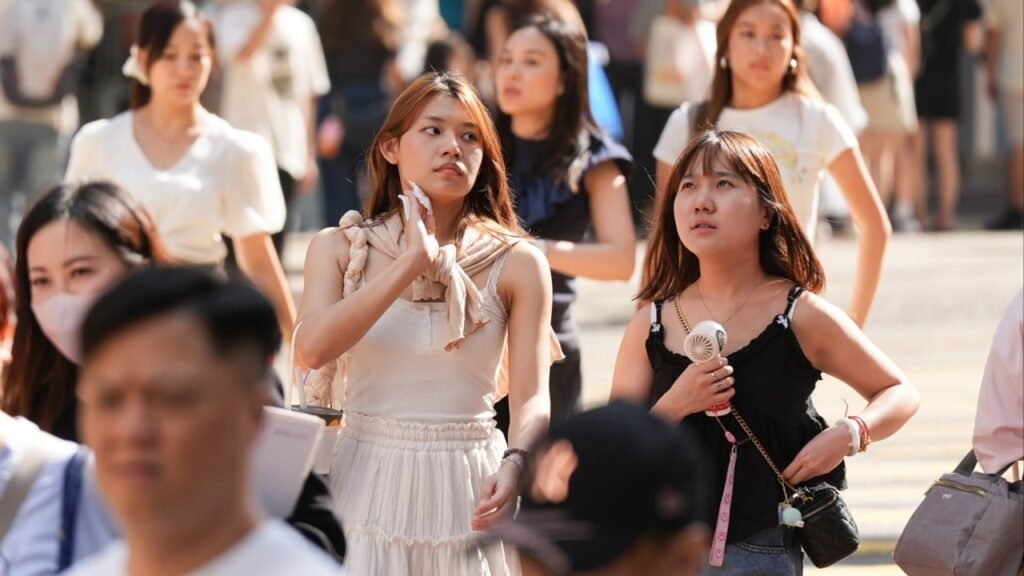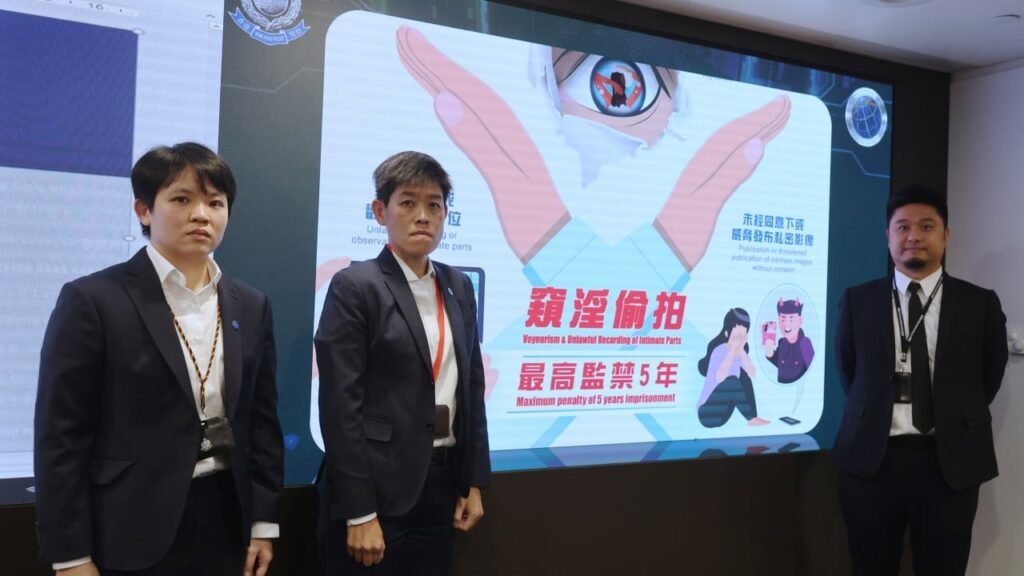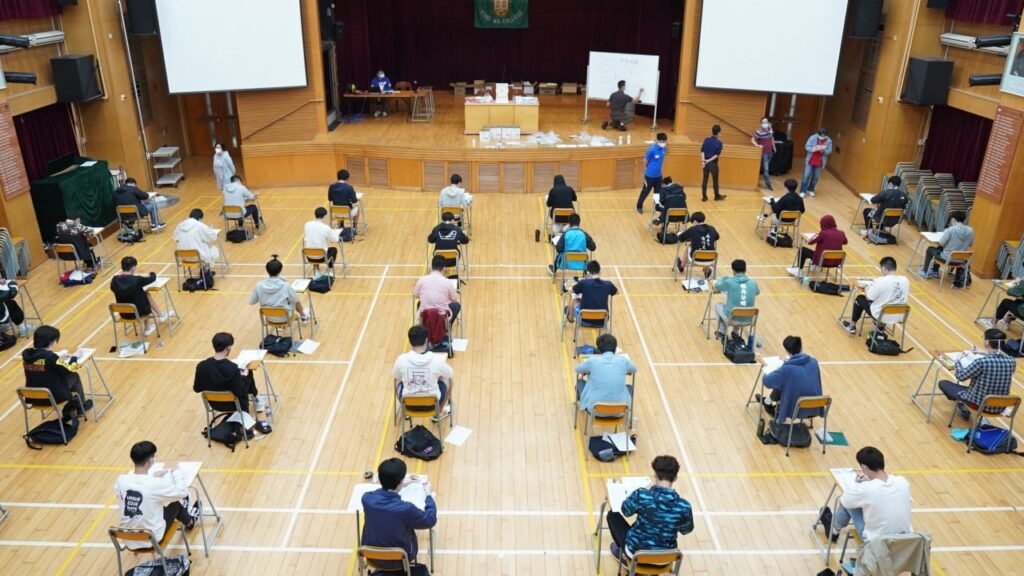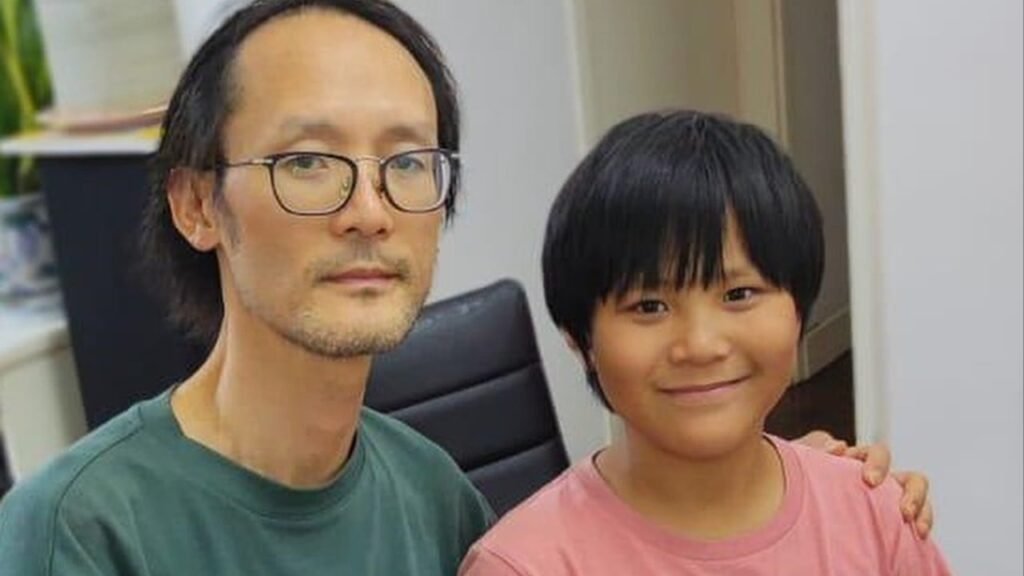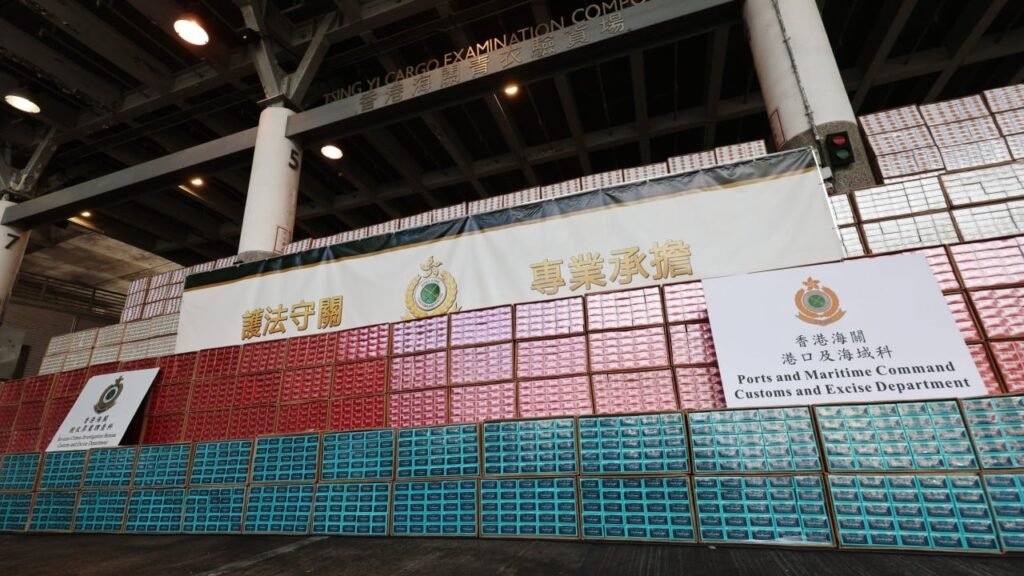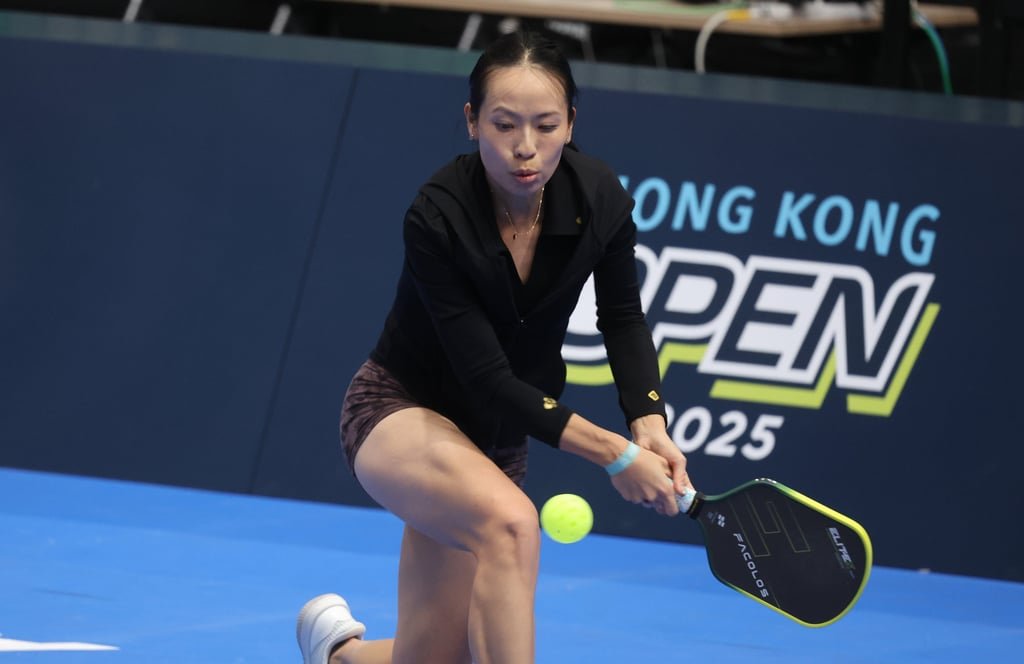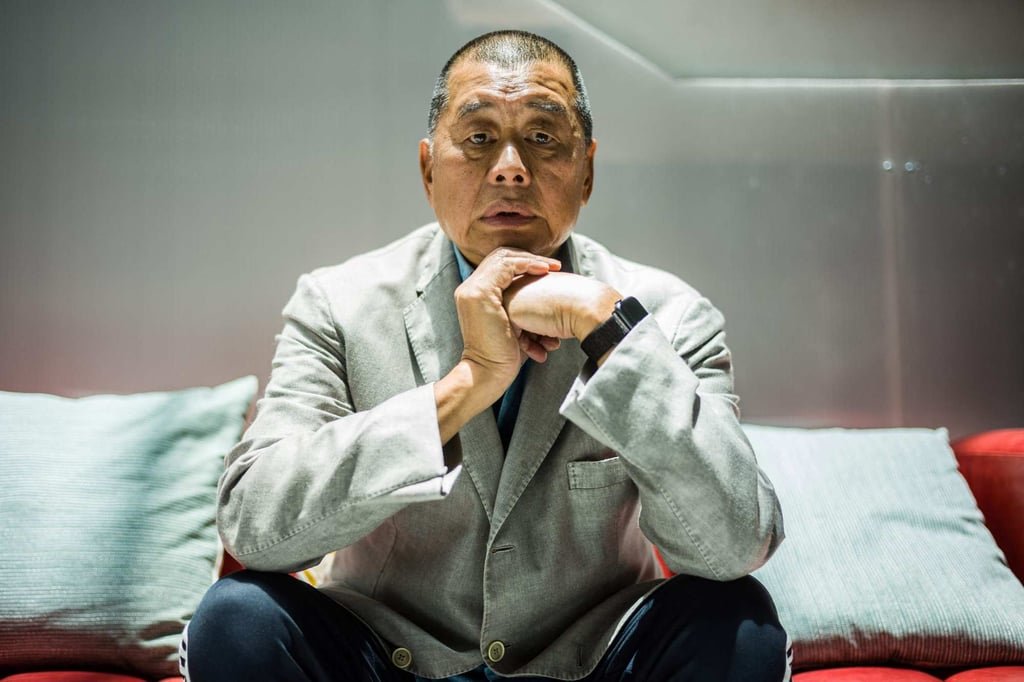This development was part of a broader, decisive national movement. In March, the local government in Beijing mandated new artificial intelligence courses for the city’s primary and secondary school students “in an effort to nurture future-oriented and innovative talent”. Guangdong followed suit a month later with its own educational framework on artificial intelligence education for children. By May, the central government had published two further guidelines to promote AI education nationwide.
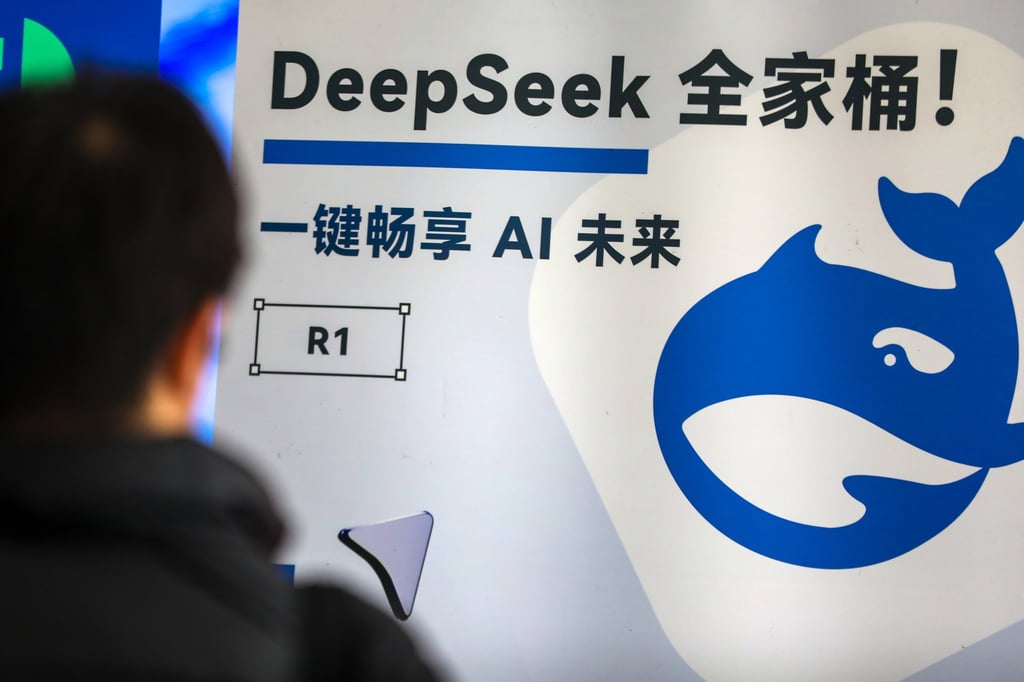
Yet as mainland China races ahead, some in Hong Kong worry that the city is playing catch-up, reacting to global trends rather than leading them, and that this risks leaving its workforce unprepared for an AI-dominated future.
“I’ve received a lot of comments from educators and even some social leaders saying, ‘Hey, tell me, what about Hong Kong?’” says Tommie Lo, founder and CEO of Preface, a “tech-enabling company” that teaches both adults and children subjects like AI and coding. This flurry of concerned inquiries prompted Lo to launch his “Just Start” campaign, which aims to teach AI skills to one million people in the city. Though the government highlights Hong Kong’s 20th place ranking in the International Monetary Fund’s AI Preparedness Index (AIPI), the results present a mixed picture. The city outperforms advanced economies like France and Belgium, but lags behind regional competitors such as Japan, Singapore and South Korea.
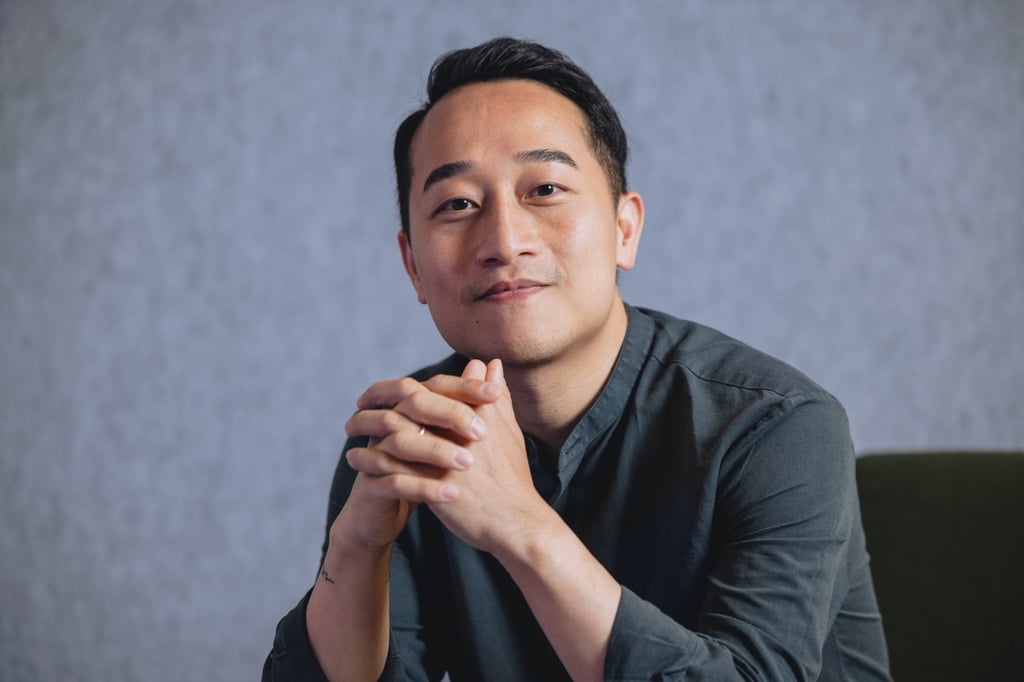
The stakes are high, as AI is not just changing China and Hong Kong, but “all mankind”, according to Lo, who believes the city’s AI readiness is “naturally not the highest”.

